Everything You Need To Know About Solar Panel Installation
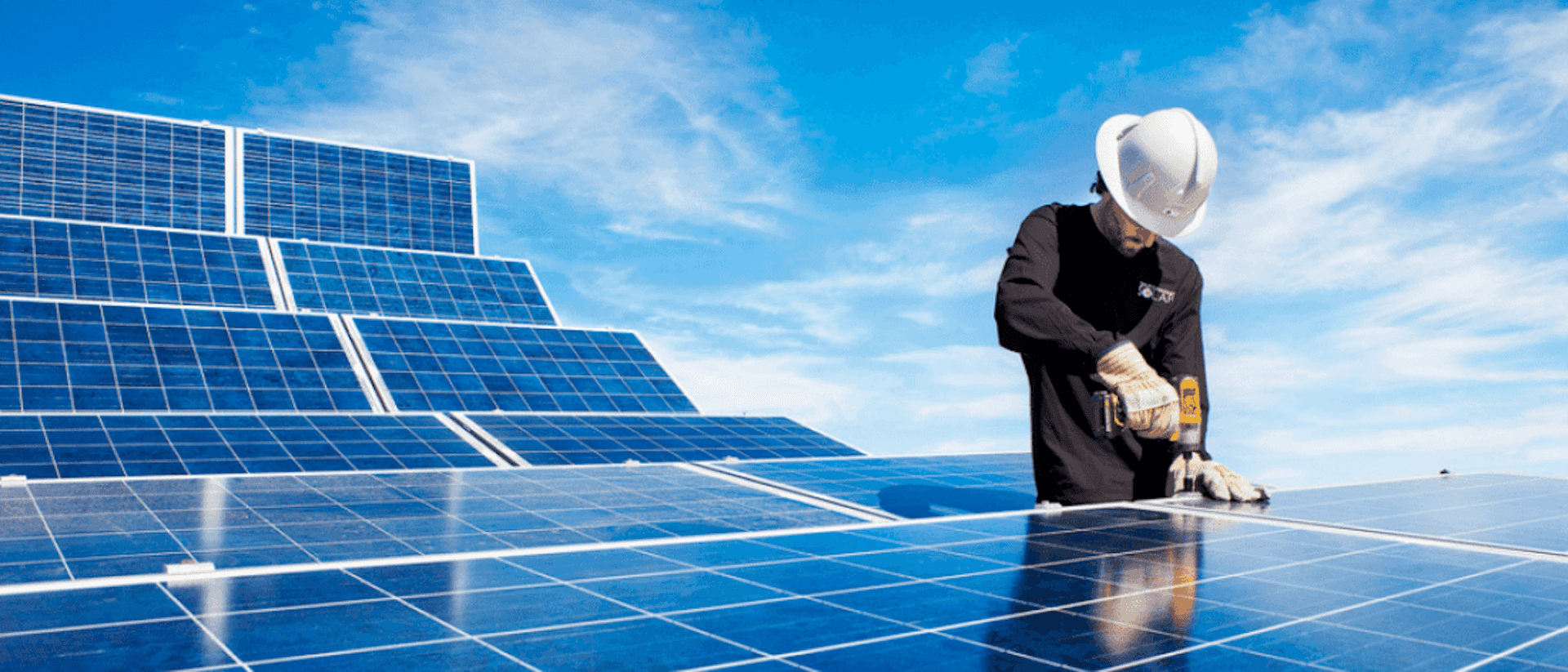
The dawn of a new era in energy production is upon us. Solar panel installations are becoming increasingly popular globally, promising substantial environmental and economic benefits.
Homeowners are catching on to this rising trend, harnessing the sun's power to create a sustainable, renewable energy solution right on their rooftops. But what's driving this surge in solar adoption?
From an environmental standpoint, solar panel installation offers a clean and renewable energy source. However, it's crucial to consider solar panel installation's financial implications and benefits from a credit finance professional's perspective.
Why has Solar Panel Installation become a Rising Trend?
The answer lies within the simple principle of efficiency and sustainability. Solar panels convert sunlight, an abundant and renewable energy source, directly into electricity. This reduces reliance on fossil fuels, slashing greenhouse gas emissions and our carbon footprint. It's a win-win for both our wallets and the planet.
What's more, technological advancements have led to increased solar panel efficiency. High-quality panels can now convert up to 22% of sunlight into electricity. Additionally, they boast a long lifespan, often with 25 years or more warranties.
Maintenance is typically low, requiring only occasional cleaning and inspection. No wonder homeowners worldwide are looking skyward for their energy needs!
Can You Fit Solar Panels Yourself?
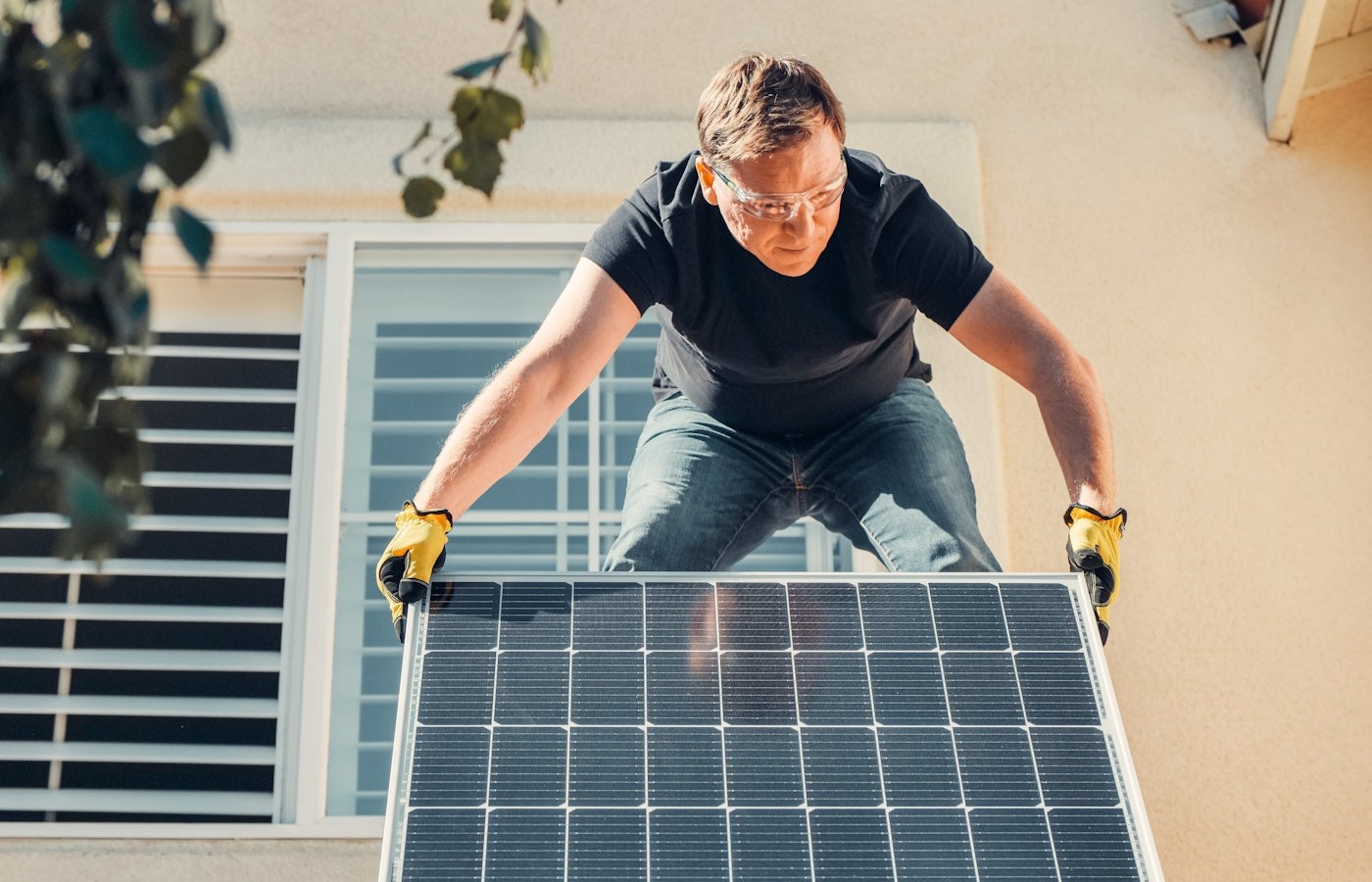
Are you a hands-on homeowner thinking of installing solar panels yourself? It's possible, but it comes with its own set of pros and cons.
On the plus side, a DIY installation could save you money on labor costs. It can also be a rewarding project for those who enjoy hands-on work and have some technical know-how.
However, installing solar panels is a complex DIY project, like painting a room or building a bookshelf. It involves working with electrical systems and typically requires getting on the roof, both of which come with inherent risks. Also, the panels' efficiency could be compromised if not installed correctly.
The process generally involves several steps, including:
- Site assessment
- Obtaining necessary permits
- Installing mounts for the panels
- Attaching the solar panels
- Setting up a solar inverter
Bear in mind that errors in any of these steps can lead to less-than-optimal results and may even be dangerous. It's crucial to consider whether the savings are worth the time, effort, and risk.
Understanding the Cost of Solar Installation in Australia
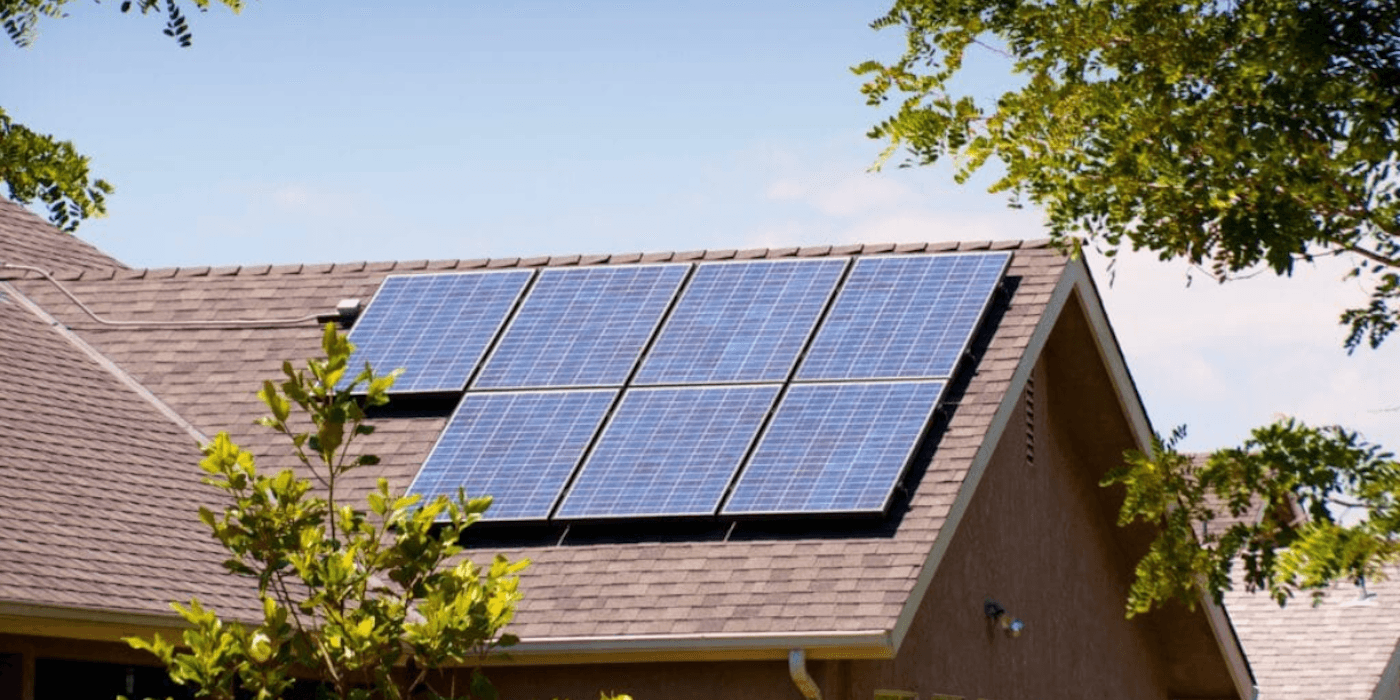
So, you're considering solar energy for your home. Great choice! But the question is, how much does it cost? Well, In general, a 5kW solar panel system will cost between $5,000 and $10,000, depending on a number of factors.
Factors that can Influence the Cost
- Size of the Installation: The more solar panels you install, the higher the cost will be. Larger systems generate more electricity, reducing energy bills, but the upfront cost is higher.
- Type of Solar Panels: As mentioned earlier, there are different types of solar panels – monocrystalline, polycrystalline, and thin-film. Monocrystalline panels, being the most efficient, tend to be the most expensive.
- Labor Costs: The complexity of your installation can affect labor costs. Factors like the slope of your roof, the type of roofing material, and the layout of the panels can all impact how much you pay for installation.
- Additional Equipment: You might need additional equipment, like a solar inverter or battery storage system. These extras can increase your overall costs.
But don't let these costs deter you. There are several ways you can reduce the overall cost of installing solar panels:
- Shop Around: Get quotes from multiple installers to ensure you're getting the best price. But remember, the cheapest isn't always the best – quality matters too!
- Government Incentives: Take advantage of government incentives and rebates which can significantly reduce the cost.
- Size Wisely: Install a system size that matches your electricity usage to avoid paying for the capacity you don't need.
- Energy Efficiency: Improve your home's energy efficiency to reduce the size of the solar system you need.
Government Rebates for Solar Panels in NSW
The Australian government provides various incentives and rebates to encourage the adoption of solar energy. In New South Wales (NSW), homeowners can use government schemes such as the Small-scale Renewable Energy Scheme (SRES) and the Solar for Low-Income Households Program. The SRES offers small-scale technology certificates (STCs) based on the system's energy output, which can be sold or traded to reduce the upfront cost of solar panel installation.
The Solar for Low-Income Households Program provides additional support to eligible low-income households, making solar energy more accessible and affordable. Understanding the eligibility criteria, application processes, and rebate amounts specific to these programs is important to maximise financial benefits.
Council Approval for Solar Panel Installation in NSW
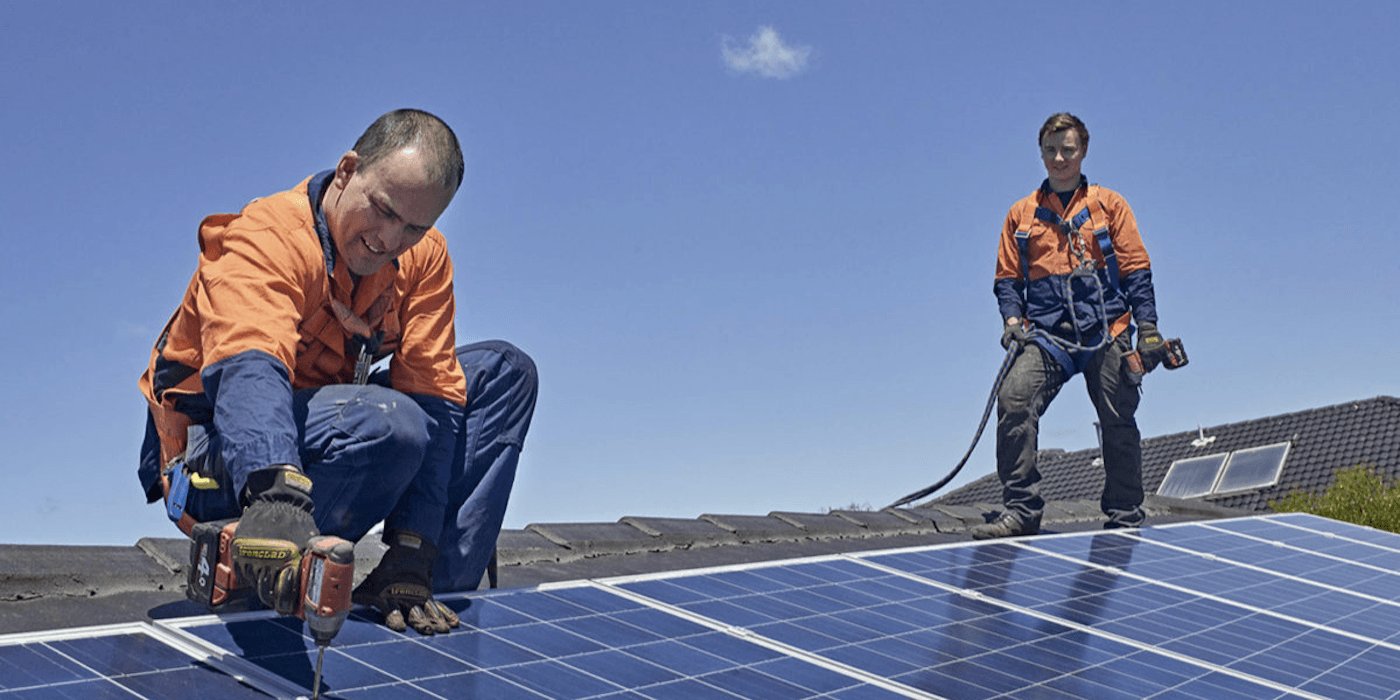
Now, you're probably wondering, "Do I need council approval to install solar panels in NSW?" The good news is that, in most cases, solar panel installations are considered exempt from development. This means they don't require approval, provided they meet specific criteria. However, in some circumstances, you may need to obtain council approval. For example, you may need approval if your solar panels are:
- Larger than 100 square meters in area
- Located within 10 meters of a boundary
- Visible from a public road
If you are still determining whether you need council approval, it is always best to check with your local council.
How to Get Council Approval for Solar Panel Installation?
If you do need council approval for your solar panel installation, the process will vary depending on your local council. However, in general, you will need to submit an application form and provide some supporting documentation. This documentation may include:
- Plans of your solar panel system
- A letter from a qualified solar installer
- A copy of your home's title deed
Once your application has been submitted, your local council will assess it and make a decision. The decision process can take several weeks, so it is important to allow plenty of time.

How to navigate the process smoothly?
Here are some tips for navigating the council approval process smoothly:
- Start early: The council approval process can take several weeks, so it is important to start early.
- Do your research: Make sure you understand the requirements for solar panel installation in your area.
- Work with a qualified solar installer: A qualified solar installer can help you plan and install and ensure that your system meets all requirements.
- Be patient: The council approval process can be slow, so be patient and don't give up.
Potential Hurdles
There are a few potential hurdles that you may encounter when trying to get council approval for solar panel installation. These hurdles may include:
- Unclear requirements: The requirements for solar panel installation can be unclear, so it is important to work with your local council to understand what is required.
- Lengthy process: The council approval process can be lengthy, so be prepared to wait several weeks for a decision.
- Cost: The council approval process may involve fees, so be prepared to pay these fees.
Despite these hurdles, the council approval process is usually straightforward. By following the tips above, you can increase your chances of getting approval for your solar panel installation.
Financing Options for Solar Panel Installation

Various financing options are available for homeowners to make solar panel installation more financially viable. One popular option is a solar loan designed to finance solar panel installation. Solar loans provide borrowers with a dedicated line of credit for their solar project, often featuring competitive interest rates and flexible repayment terms. Another option is a home equity loan or line of credit, which allows homeowners to leverage the equity in their property to finance solar panel installation. This option may offer lower interest rates and longer repayment periods.
Additionally, some solar panel installers offer in-house financing programs, allowing homeowners to pay for the installation in installments. It's important to compare the terms and conditions of different financing options, considering factors such as interest rates, repayment terms, and eligibility criteria, to determine the most suitable option based on individual circumstances.
Assessing the Return on Investment (ROI) for Solar Panels
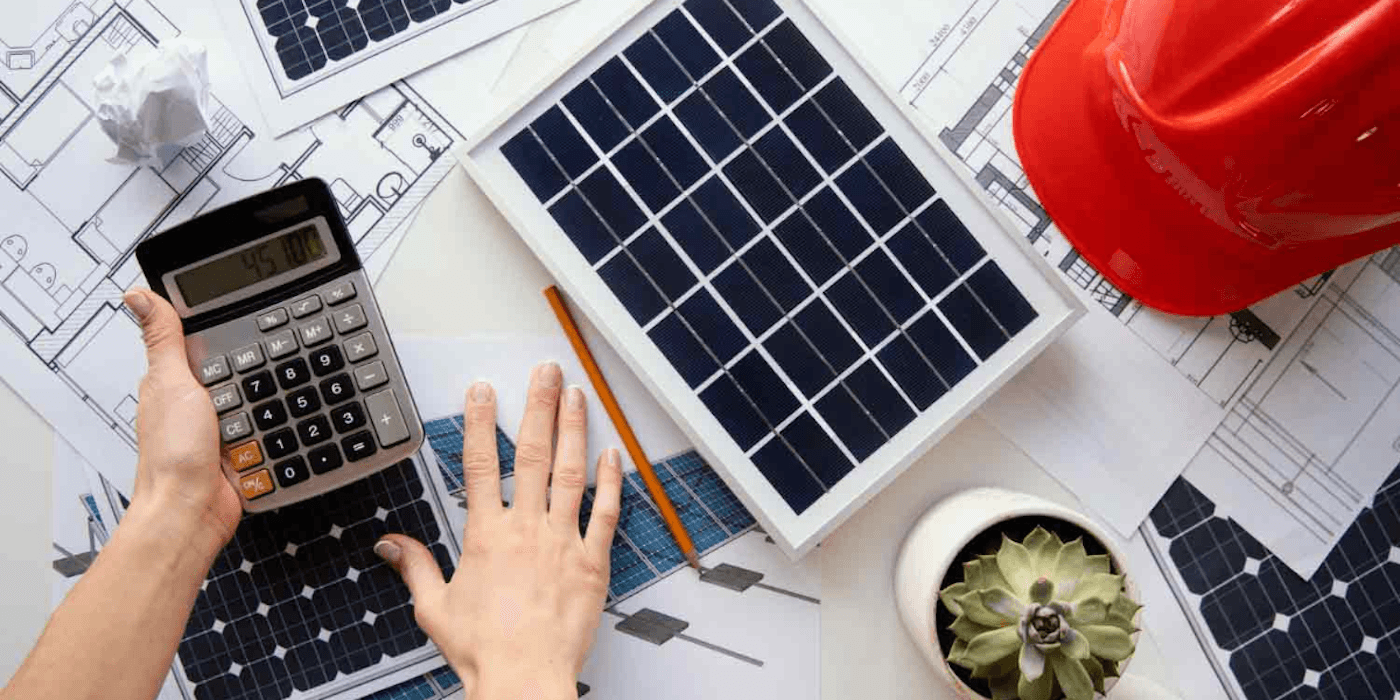
One of the key financial considerations of solar panel installation is assessing the potential return on investment (ROI). Calculating the ROI involves analyzing various factors, including the initial installation cost, potential savings on electricity bills, and any government incentives or feed-in tariffs.
The payback period is another important aspect to consider. The payback period represents the time it takes for the savings the solar panel system generates to offset the initial investment. In Australia, solar panel systems typically have an average payback period of 3 to 6 years, depending on system size, energy consumption, and local electricity rates. Beyond the payback period, solar panels can continue to generate significant savings as electricity costs rise. Additionally, solar panels can increase the value of a property, contributing to long-term financial benefits.
Expert Tips for a Successful Solar Panel Installation
Homeowners should follow expert tips and best practices to ensure a successful solar panel installation. Firstly, choosing a reputable solar panel installer who is experienced, licensed, and accredited is crucial. Researching customer reviews and obtaining multiple quotes can help homeowners make an informed decision.
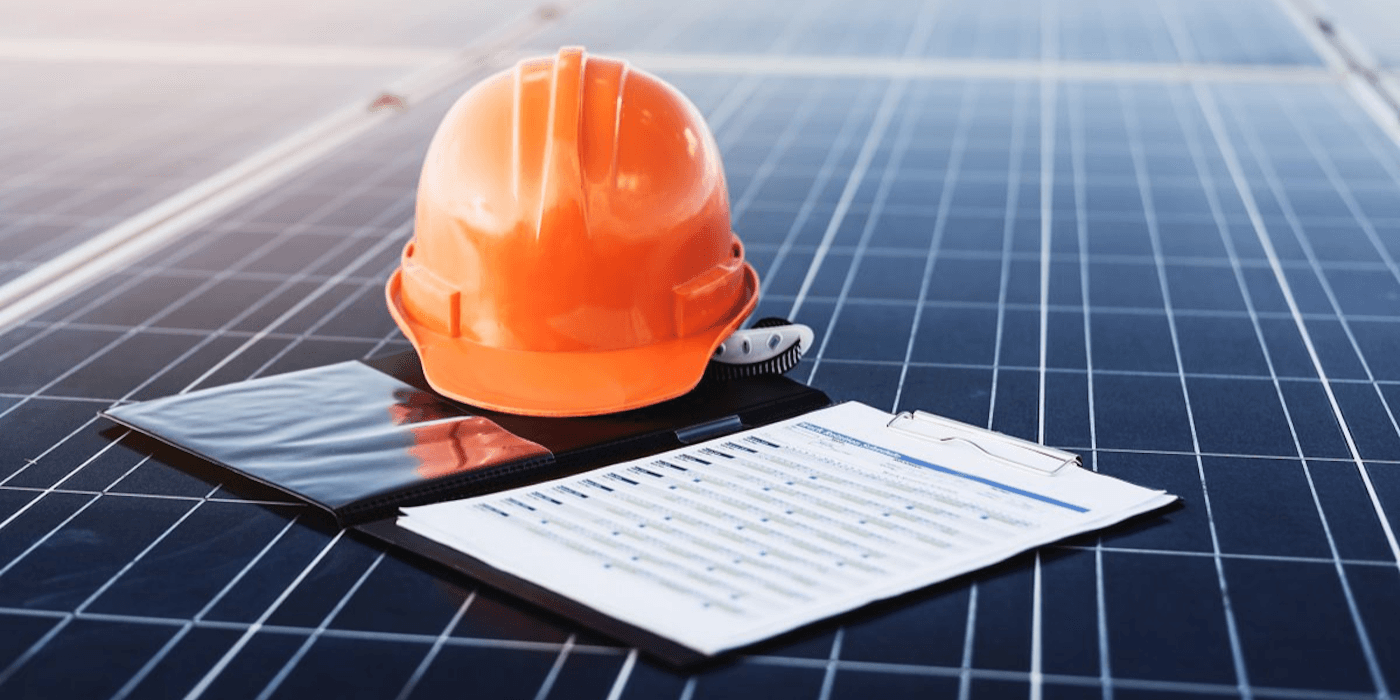
Proper planning and analysis of the property's solar potential are also important. Factors such as the positioning and orientation of the panels, shading analysis, and the selection of high-quality components can significantly impact system performance and energy generation. Regular monitoring and maintenance of the solar panel system are key to optimising performance and ensuring longevity. Homeowners should familiarise themselves with routine maintenance tasks, such as cleaning panels and inspecting electrical connections, or consider professional maintenance services to ensure the system operates efficiently over its lifespan.
Conclusion
Solar panel installation allows Australian homeowners to embrace renewable energy, contribute to a sustainable future, and realise significant long-term financial benefits. From a credit finance professional's perspective, evaluating the financial considerations of solar panel installation, including the cost, government rebates, council approvals, financing options, and return on investment, is essential. By carefully assessing these factors and seeking expert advice, homeowners can make informed decisions and embark on a greener, more financially rewarding future.
Looking to finance your solar panel installation? Look no further than Driva. With our extensive network of 30+ lenders, we can find the perfect loan match for you in just minutes. Our 100% online application process makes it quick and convenient. At Driva, we prioritise transparency, ensuring a worry-free experience by providing clear information about rates and fees. Choose Driva for your solar panel installation loan and embark on your journey towards a greener future with peace of mind.




